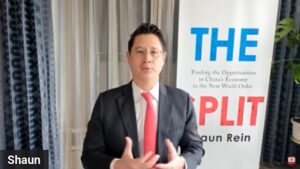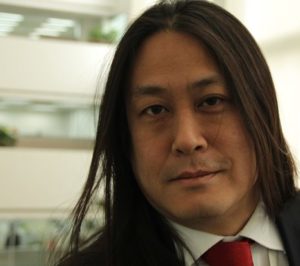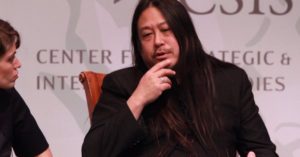|
|
| Headquarters of the NSA at Fort Meade, Maryland. Español: Instalaciones generales de la NSA en Fort Meade, Maryland. Русский: Штаб-квартира АНБ, Форт-Мид, Мэриленд, США (Photo credit: Wikipedia) |
The number of two million civil servants monitoring China's internet has become a story of mythical proportions. The source of the number is dodgy, and the fact that it is such a nice round number suggests that whoever has been making it up, was rather looking for a nice story, than telling how it really works.
This kind of number fetishism is nothing new for media. For decades they are reporting about China's GDP figures, while the only certainty we have is that they are wrong.
In the case of the two million internet monitors the story is even worse: it actually suggests that those government officials are doing something bad. There is a vague link to censorship, while the original story seemed to be more positive: it helps the government (at many levels) to understand what the internet users want.
First, the number of two million is actually very small. I just monitored over the weekend a discussion on table tennis in China, and the estimation is that 25 million people are actively involved in this sport. So, actually, two million internet monitors is a pretty low number.
Second, the internet is an ideal tool, not only for governments, but also for companies, organizations and even individuals to monitor what is going on. You might remembers that some companies like Google, Yahoo and Microsoft make a living out of that outside China.
So, not only China, but more countries need to monitor the internet more closely. They can learn from it, and most countries, including China, do not put enough resources in monitoring the internet. Well, the USA with her NSA investments might be the exception, but I do think more and transparent monitoring is needed.
China Weekly Hangout
What can China learn from Singapore on sustainability. Join the
+China Weekly Hangout where Shanghai-based sustainability expert
+Richard Brubaker will share his recent experiences in Singapore.
You can read our initial announcement here, or
register for participation here.
On January 24 the
+China Weekly Hangout discussed with
+Richard Brubaker of AllRoadsLeadtoChina and CEIBS on the rampant pollution in China. Is it getting worse, and what can be done? Moderator:
+Fons Tuinstra of the
China Speakers Bureau.













